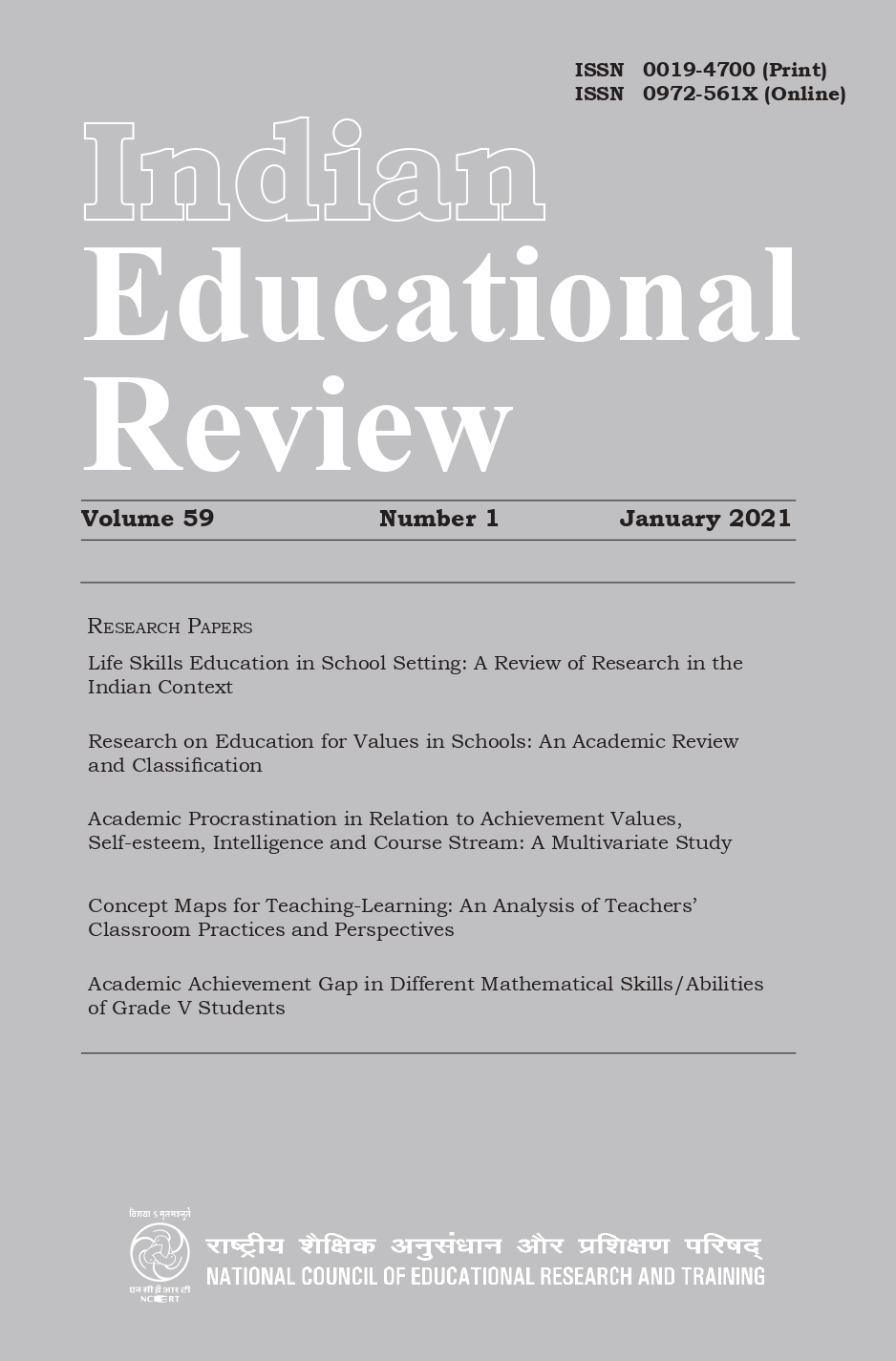Influence of Teachers’ Efficacy, Competence and Motivation on their Instructional Strategy: A Study of Secondary School Teachers of English in Jhunjhunu, Rajasthan
Published 2021-01-31
Keywords
- Qualitative Analysis,
- Likert Five-point Scale
How to Cite
Abstract
The project deals with the secondary school language teachers’ characteristics—Competence (CT), Self-Efficacy (SE), Motivation (MT) and their impact on teachers’ Instructional Strategy (IS). A teacher plays an instrumental role in imparting and transferring the knowledge and cultivating the ability to use knowledge at an advanced level. Responsible for the learning of the students, true teachers do not merely tell the learners what to do but would give them the knowledge with which the learners could decide what would be best for them to do. Teacher quality refers to all teacher-related characteristics that produce favourable educational outcomes—teacher quality, effectiveness and behaviour. A good teacher should have sound subject knowledge and psychological traits like attitude, motivation, interest, behaviour, etc. Concepts like efficacy, motivation, etc., are parts of emotional and psychological aspects. Many studies have investigated teachers’ sense of efficacy, teachers’ motivation, and teachers’ competence or proficiency. Teacher quality has been consistently identified as the most important school-based factor in student achievement. If teachers are exposed to new strategies, it will boost their competency and efficacy, motivate them on their own and eventually benefit their instructional strategy or technique in classroom teaching.

